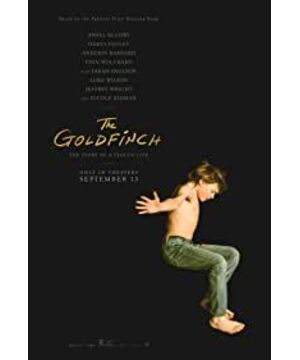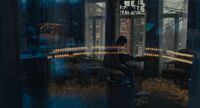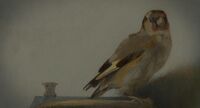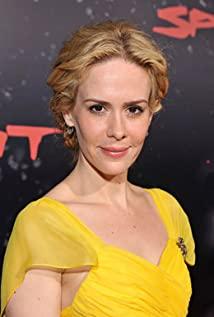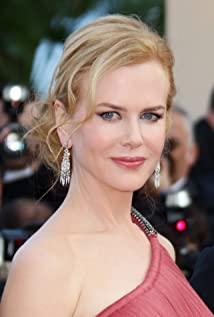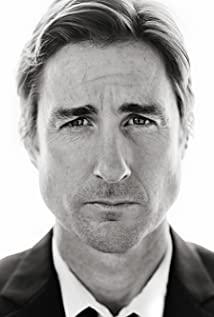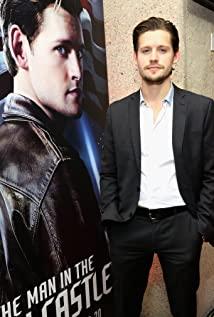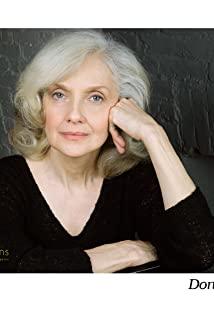The Goldfinch evaluation action
-
Josephine 2022-04-03 09:01:12
I give finn full marks! Because the Boris in the book is too vivid and love, finn is very Boris from the appearance to the kiss goodbye! Photography is also credited. The emptiness and tranquility of the wind, sand and stars are substituted into the novel just as imagined! But the soundtrack occasionally plays, and the atmosphere when Vegas kisses goodbye is not right, making Boris's kiss a bit funny. In addition, the narrative is disrupted a little bit, and the relationship with pipper seems too thin. In addition, hobbie is also very similar to hobbie! If you don't love novels that much, this movie is really a bit dry as a whole.
-
Katelin 2022-04-03 09:01:12
Before: I prefer movies than books, books are really average. After reading: OK.
-
Young Theo Decker: Hey, Tom.
Young Tom Cable: Hey. I heard and all.
Young Theo Decker: Yeah.
Young Tom Cable: Yeah, tough luck. That really bites.
[Andy looks on]
Young Theo Decker: The only reason we were at the museum was because my mom was bringing me in to see the principal. About the cigarettes.
Young Tom Cable: Yeah. My mom blew up over that shit, too. So, uh, I gotta go. Later.
-
[Tom is smoking in the boys bathroom when Theo enters]
Young Theo Decker: You told Beeman the cigarettes were mine. I was just standing next to you!
Young Tom Cable: Jesus.
[Theo grabs Tom and throws him to the ground]
Young Theo Decker: Get up!
[Tom gets up, scoffs at Theo, and walks out]


